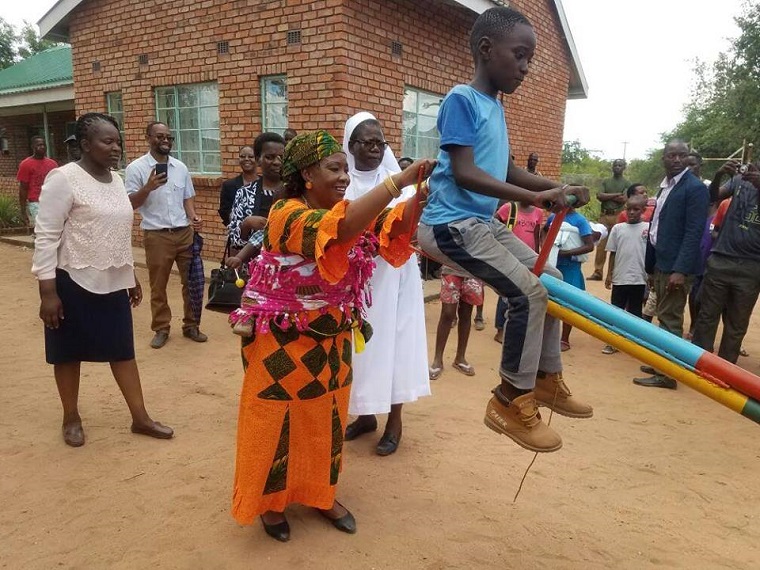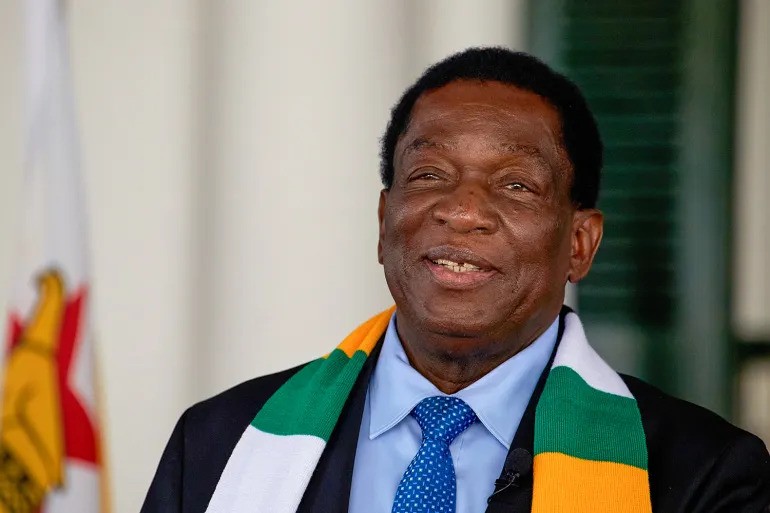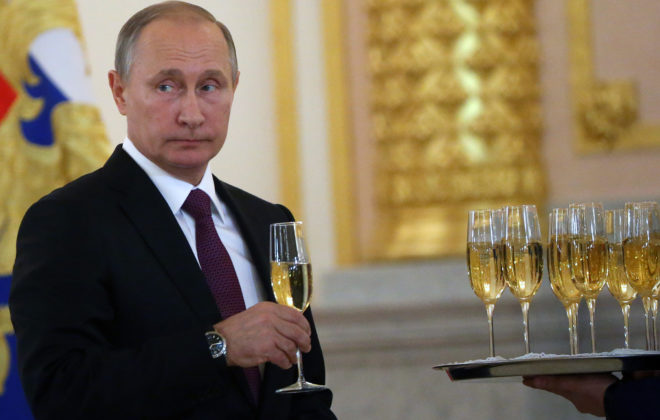ZIMBABWE is on course to adopt a national dress with First Lady Auxillia Mnangagwa having started preparatory meetings and consultations countrywide.
Barely three months after hosting a successful inaugural food and cultural festival, the First Lady started consultations on the national dress in Harare yesterday with various stakeholders airing their views.
A national dress expresses an identity, which is usually associated with a geographic area or a period of time in history. Such costumes often come in two forms: one for everyday occasions, the other for traditional festivals and formal wear.
The search for the national dress started in 2005, but did not yield any results, prompting Amai Mnangagwa to take it upon herself to ensure the programme succeeds.
Speaking at an all stakeholders’ preparatory meeting at the Harare International Conference Centre (HICC), the First Lady said the national dress should reflect a lot more on the country’s traditions, history, national heritage and aspirations.
“What brings us together today is a subject of great national importance which should have been concluded over the past 39 years of our independence,” she said.
“As the mother of the nation, I am convinced that all Zimbabweans regardless of colour, creed, sex, age or location will be willing and keen to contribute to this national project involving my full participation.
“The dress should reflect a lot more on our traditions, history, national heritage and aspirations. It should also be appropriate on social and religious gatherings.
“It should give us our national identity that conveys a message that I am Zimbabwean without even saying a word.”
The First Lady added that the national dress should be a tool that unites Zimbabweans as a people despite different cultural values and help in celebrating the country’s cultural diversity.
She said time and resources should be dedicated to conducting extensive consultations.
“I am reliably informed that an attempt was made in the past at coming up with a national dress, but all was in vain due to among other things lack of widespread consultation, politicisation of the national dress and lack of professional research to enable the nation to learn from the best practices,” she said.
“Time and resources should be dedicated to conducting extensive consultations such as we are doing today to ensure that the end product truly reflect a Zimbabwean shared output.”
Amai Mnangagwa said electronic platform should be created to capture ideas on the subject from far and wide including the diaspora.
“We should come up with ideas on how to handle the critical components leading to the adoption of a national dress namely the design, the fabric, a combination of both and the methodology for selecting and approving an appropriate dress.
“I also suggest that a committee to spearhead the idea be constituted which will work closely and together with my office.”
Minister of State for Harare Province Oliver Chidawu thanked the First Lady for the initiative and pledged his province’s participation until the expected results are achieved.
He said similar meetings would cascade to other provinces.
The meeting was attended by church leaders, traditional leaders, youths, designers, women’s organisations and representatives from Zimbabwe Tourism Authority, National Museums and Monuments of Zimbabwe, National Arts Council, National Archives of Zimbabwe and National Art Gallery of Zimbabwe.
Also in attendance were Minister of Women Affairs, Community, Small and Medium Enterprises Development Sithembiso Nyoni, Local Government, Public Works and National Housing Deputy Minister Jennifer Mhlanga and Minister of State for Mashonaland East Provincial affairs Apollonia Munzverengi.
The participants took turns to make their presentations and they all embraced the First Lady’s initiative.
Youths representative, Mr Yambutso Makoni said, “Just like the national flag, national monuments and the national anthem, the national dress plays a pivotal role in one’s understanding of their nation and nationality. Thus it has to be a source of pride, identity and a symbol of power.”
-The Herald






